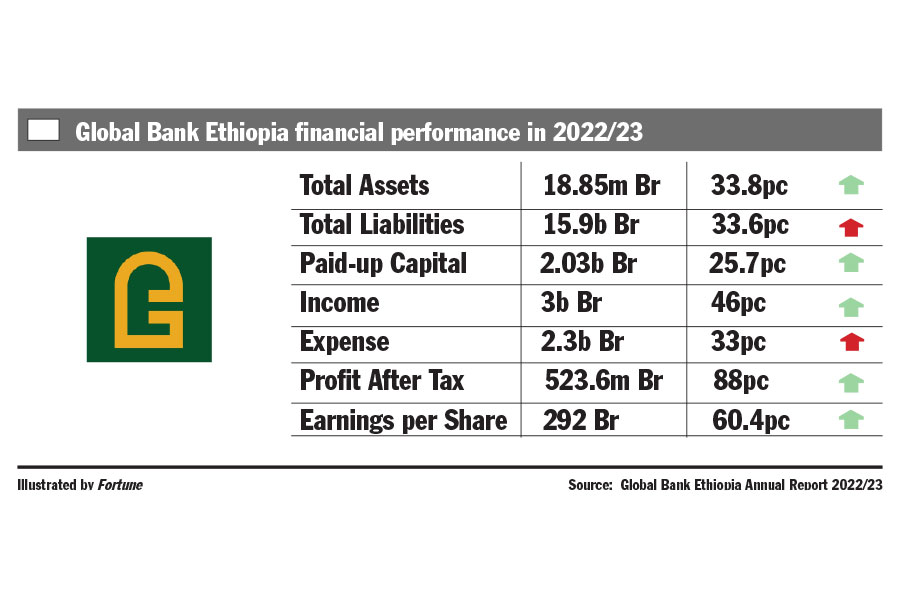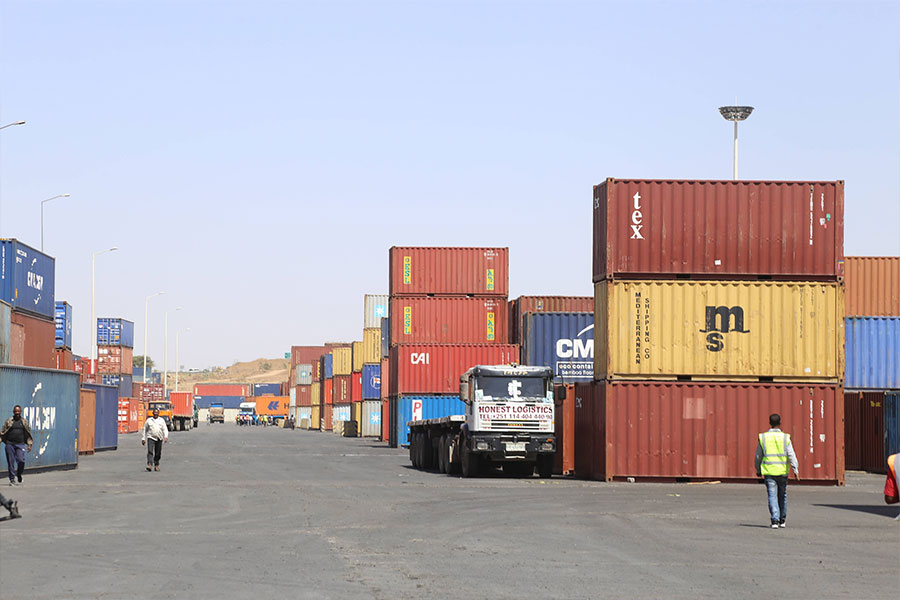
Commentaries | Mar 30,2024
I was away for months in the rural parts of Ethiopia before I returned to Addis Abeba a year ago. What I found on the streets of Addis shocked me.
Syrian refugees had flooded the streets and mothers and their children were asking for money from strangers. They did not even know the language. They were using placards with Amharic writing on them to communicate their hardship. The unfortunate situations that people are led to when their country is at war is one of the greatest tragedies in the world.
That was not the first time we were forced to bear, to an extent, the consequences of what had taken place elsewhere, and it would not be the last time.
Today, it is the coronavirus outbreak that has since been declared a global health emergency, though not pandemic, by the World Health Organisation (WHO). The outbreak, which was first reported in the Chinese city of Wuhan, has spread to other parts of the world and claimed the lives of hundreds of people, with symptoms seen in the tens of thousands.
The Coronavirus outbreak has the world on alert and this is no different in Ethiopia.
Fortunately, the world has not had a problem dedicating massive resources to fighting the outbreak. The bad news is that there is already public panic and the capacity of countries such as Ethiopia to fight and control in the case of an outbreak is highly in doubt.
As it is the nature of today’s digital and pop culture savvy youth, social media platforms have been busy producing jokes and memes that make light of the issue. Humour has been our best defence against the world’s ills, and it is no different in this case.
But we have learned over the past weeks that the issue is not far from home. In fact, Ethiopians have been caught at the centre. An estimated 300 university students in Wuhan have been locked down in the city with the rest of the residents. Despite social media campaigns, how they can be brought back home safely is still not clear.
At home, Ethiopians are demanding that Ethiopian Airlines suspend its flights from and to China. The flag carrier does not have any flights directly to Wuhan, but it has many worried given that about half a dozen African airlines have done as such. There is the belief that Ethiopia is not equipped to handle an outbreak and that airline screenings may not work given that early symptoms could be pretty mild.
But to cancel flights would be unprecedented for Ethiopian Airlines. While in 2014 many flights were cancelled from Ebola-stricken African countries, our flag carrier did not follow suit. While it is easy to argue that we should immediately cancel these flights, it is also important to note that it is important to act more reasonably than emotionally.
It is crucial to remember that the Ethiopian Public Health Institute is equipped with professionals, and preparation is a top priority for not just parts of the government that deal with this but nonprofit and private organisations in the health industry.
Indeed, widespread travel bans and restrictions are not needed to stop the outbreak, according to Tedros Adhanom (MD), head of the WHO.
“Such restrictions can have the effect of increasing fear and stigma, with little public health benefit,” he said.
But this is only one lesson we have learned from this outbreak. Another is that there is power in numbers as China has demonstrated. Beyond their number, it is the attitude. As many flock toward those affected areas to give a helping hand - as we see delivery of food not stopping - it seems there is hope for this crisis. This is not to mention that China constructed a hospital in 10 days.
This current tragedy shows us that our lives are interconnected and hope is prevalent. What can be expected of each one of us is to keep ourselves informed and safe. Take the precautions forwarded by those that have experience, inform ourselves and deal with them accordingly.
Our government can also do more in keeping us updated by staying ahead of misinformation and disinformation.
“Of course, the Coronavirus is in Ethiopia; the government has chosen not to tell us,” I have heard many people say.
This type of mistrust should not prevail in a time when information can save our lives. Although we should take personal precautions, we should also count on the professionals to do their jobs well. We should not add to the global pandemic of panic over the virus.
PUBLISHED ON
Feb 08,2020 [ VOL
20 , NO
1032]


Commentaries | Mar 30,2024

Commentaries | Feb 24,2024

Viewpoints | Oct 12,2024


Fortune News | Apr 30,2022

Fortune News | Aug 28,2021

Commentaries | Sep 10,2023

Commentaries | Feb 01,2019

Radar | Dec 05,2020

Viewpoints | May 31,2020

Dec 22 , 2024 . By TIZITA SHEWAFERAW
Charged with transforming colossal state-owned enterprises into modern and competitiv...

Aug 18 , 2024 . By AKSAH ITALO
Although predictable Yonas Zerihun's job in the ride-hailing service is not immune to...

Jul 28 , 2024 . By TIZITA SHEWAFERAW
Unhabitual, perhaps too many, Samuel Gebreyohannes, 38, used to occasionally enjoy a couple of beers at breakfast. However, he recently swit...

Jul 13 , 2024 . By AKSAH ITALO
Investors who rely on tractors, trucks, and field vehicles for commuting, transporting commodities, and f...

Sep 13 , 2025
At its launch in Nairobi two years ago, the Africa Climate Summit was billed as the f...

Sep 6 , 2025
The dawn of a new year is more than a simple turning of the calendar. It is a moment...

Aug 30 , 2025
For Germans, Otto von Bismarck is first remembered as the architect of a unified nati...

Aug 23 , 2025
Banks have a new obsession. After decades chasing deposits and, more recently, digita...